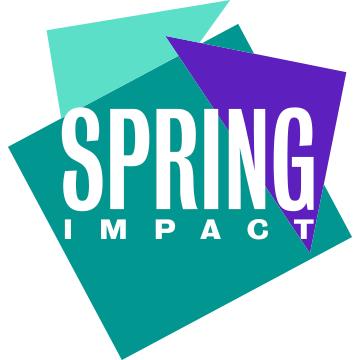What does the programme involve? Can you describe what you did in terms of format and time commitment?
(Michelle and Ejaye): It started with some strategic planning. Our consultants came for a strategy day, where we were allowed to bring in who we wanted from our organisation. We discussed what we wanted to achieve through scaling and how it fits with our organisational ambitions.
With the consultants’ help, we were able to think about the certain ways we did things and how we would change our processes. They helped challenge these processes and form the design for how we would scale which we couldn’t have done independently as there was no one to challenge that.
It all felt collaborative and supportive. The consultants were really understanding of the pressures we were under, allowing us to maximise time in a constructive way. This allowed us to work well and achieve everything we needed to during Covid-19. Adaptability and understanding are really some of the big advantages of Scale Accelerator.
The time commitment is significant, but our consultants adapted to our needs and worked at a pace that worked for us. Our experience was spread across twelve months in total as a result of the pandemic, with workshops being two, three hours long. Workshops were every six to eight weeks with a more intense period over the summer.

